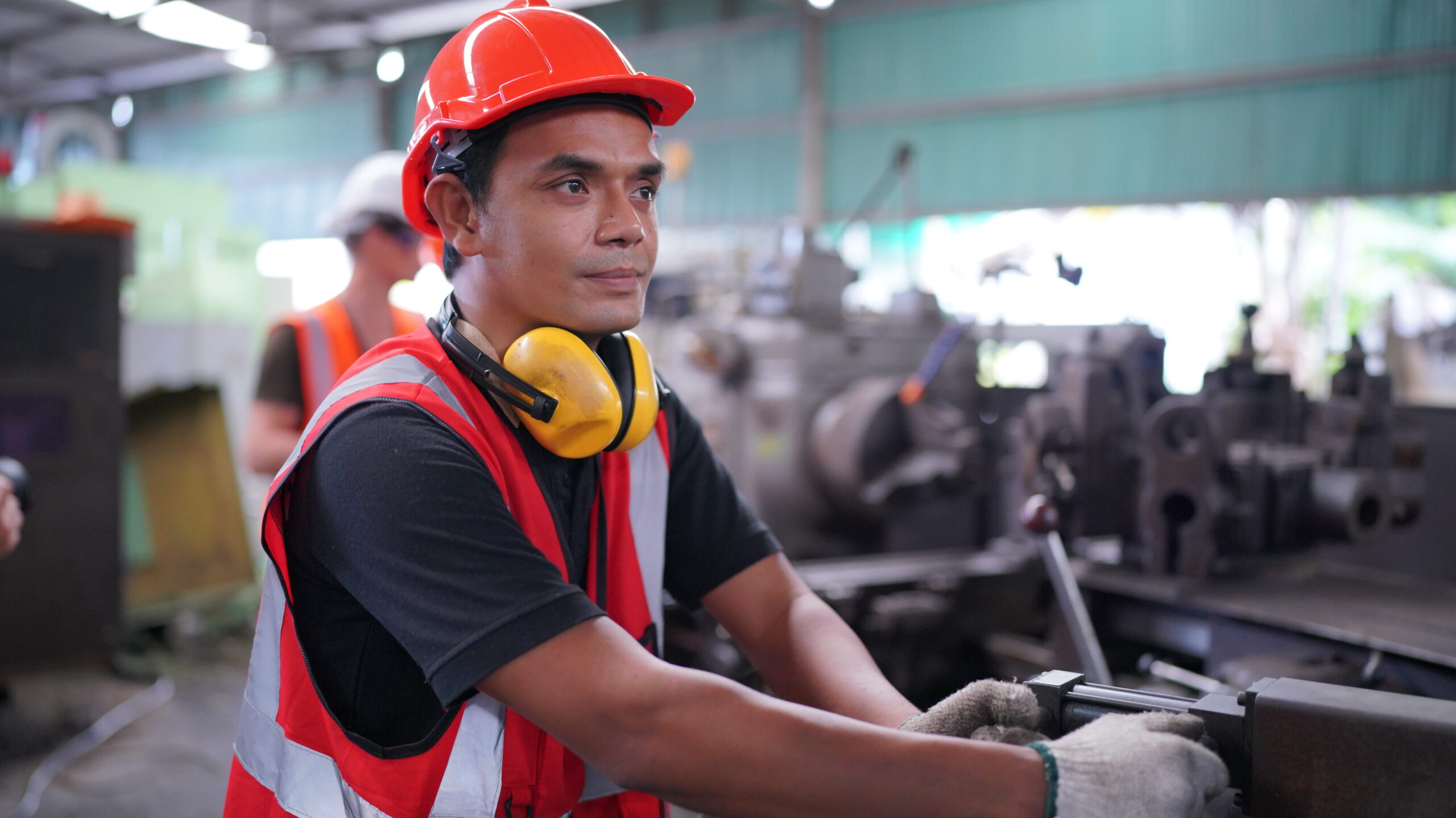Rebuilding Sri Lanka’s Labour Market with Quality Jobs and Decent Work
Sri Lanka’s labour market stands at a crossroads. The past five years have tested its resilience in ways few could have anticipated. The 2019 Easter Sunday attacks, followed by the COVID-19 pandemic, and culminating in the deep economic crisis of 2022–2023, have left lasting scars on the workforce and reshaped the employment landscape in profound ways.
The fallout has been both widespread and systemic. Labour market indicators reflect a slow but steady erosion in participation and employment. The Labour Force Participation Rate dropped from 51.8 percent in 2018 to 48.6 percent by 2023, signaling a retreat of working-age individuals from active economic engagement. Meanwhile, the employment-to-population ratio also fell, from 49.5 percent to 46.3 percent in the same period. These declines are more than statistical footnotes, they are a stark reflection of lost opportunities, displaced workers, and mounting economic uncertainty.
Behind these numbers are human stories of hardship. Nearly half of all employed individuals have suffered income losses, with 45.8 percent experiencing pay cuts or reduced allowances, and 48 percent reporting fewer working hours. For many households, this means a direct hit to purchasing power, rising debt, and growing vulnerability to poverty. High inflation has
compounded the pain, stripping families of their financial security and forcing painful trade-offs between essentials.
These trends mark not only a quantitative decline in employment but a deterioration in quality as well. Job insecurity has become widespread, informal and precarious work more common, and access to stable, well-paying employment increasingly elusive. Women and young people, often the most vulnerable segments of the labour market, have borne the brunt of these challenges, further deepening socio-economic inequalities.

In this context, the need to refocus national efforts on quality employment and decent work has never been more urgent. It is not enough to rebuild the jobs that have been lost—we must build them back better. The concept of decent work, as championed by the International Labour Organization (ILO), is not merely about having a job. It is about having productive work that offers fair income, workplace security, social protection, and opportunities for personal and professional growth.
Sri Lanka’s path to recovery must therefore include a commitment to enhancing the quality of its labour market. This involves multiple, interconnected strategies. First, there must be a renewed focus on creating jobs that are not just numerous, but meaningful. This includes investing in sectors with strong employment multipliers, such as construction, agriculture,
tourism, and renewable energy, while also expanding formal job creation in emerging fields like digital services, logistics, and green technology.
Second, policy reforms must address the informal sector, which employs a significant share of the workforce yet often escapes regulatory protections. Strengthening labour rights, ensuring minimum wage enforcement, and expanding access to health insurance and retirement benefits can help bring dignity and security to informal workers.
Third, skills development must be brought to the forefront. Many of the challenges in job quality stem from mismatches between what the education system produces and what the economy demands. A more responsive, industry-aligned vocational training system is crucial, especially one that targets youth and rural populations. Lifelong learning must be promoted to
help workers adapt to shifting economic realities and technological change.

Fourth, social dialogue and labour market institutions must be revitalized. Labour reforms will only be effective if they are shaped by inclusive processes that bring together government, employers, and worker representatives. A strong labour market governance system can help ensure transparency, accountability, and long-term stability.
Finally, resilience must be built into the system. The recent succession of crises has shown that Sri Lanka’s labour market is vulnerable to external shocks. Social protection systems need to be more robust, ensuring that workers and their families can weather economic downturns without falling into poverty. Digital infrastructure must be strengthened to support remote work and digital entrepreneurship in times of disruption.
Rebuilding Sri Lanka’s labour market is not a task that can be achieved overnight. But it is one that must begin now, with clear purpose and coordinated action. Quality employment is not just a metric of economic success, it is a foundation of national well-being and a key determinant of social cohesion. In the wake of crisis, it is also a powerful tool for healing,
rebuilding, and moving forward.
Sri Lanka has weathered the storm. The next challenge is to ensure its people are not just working, but thriving.




